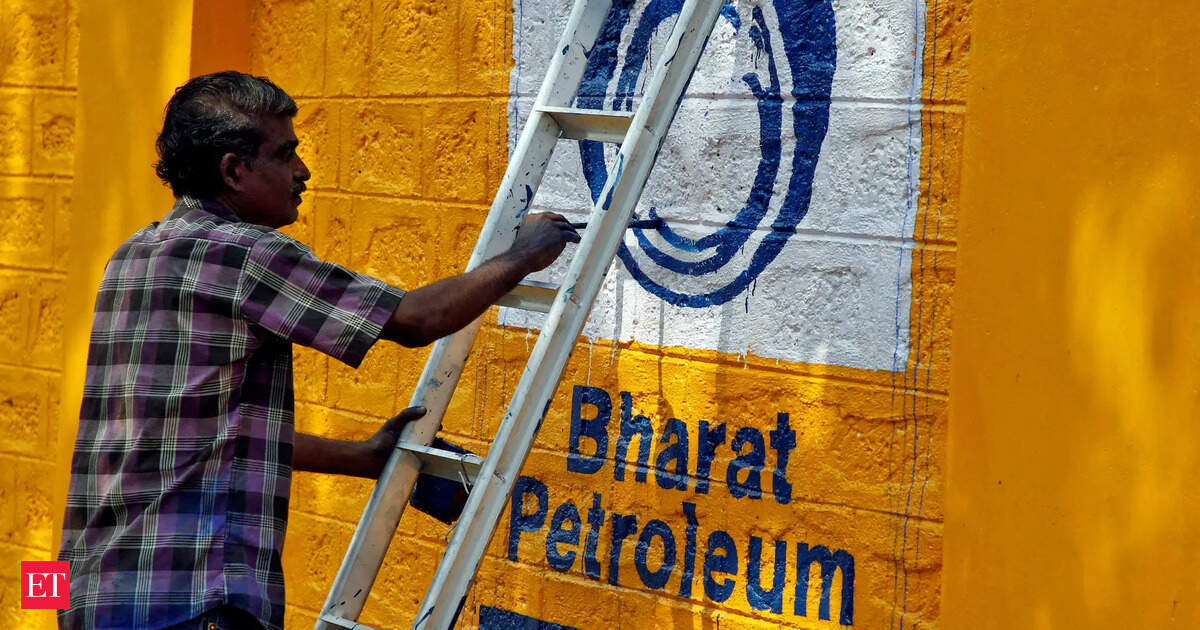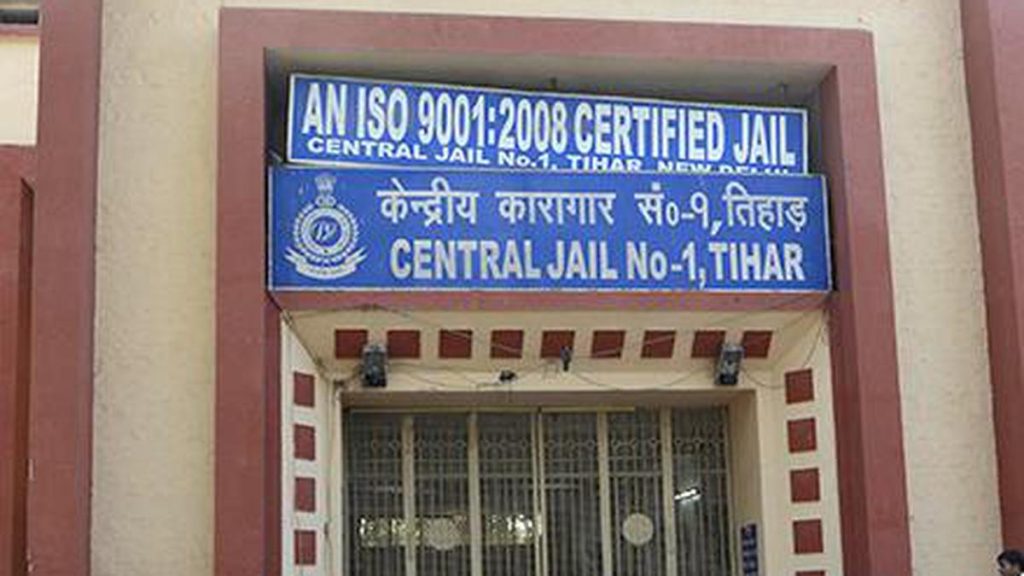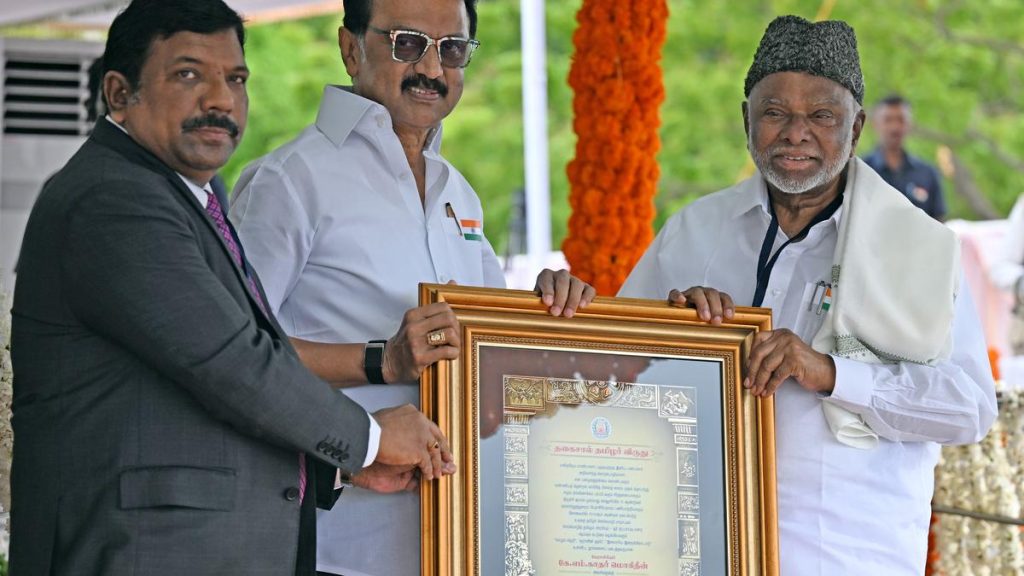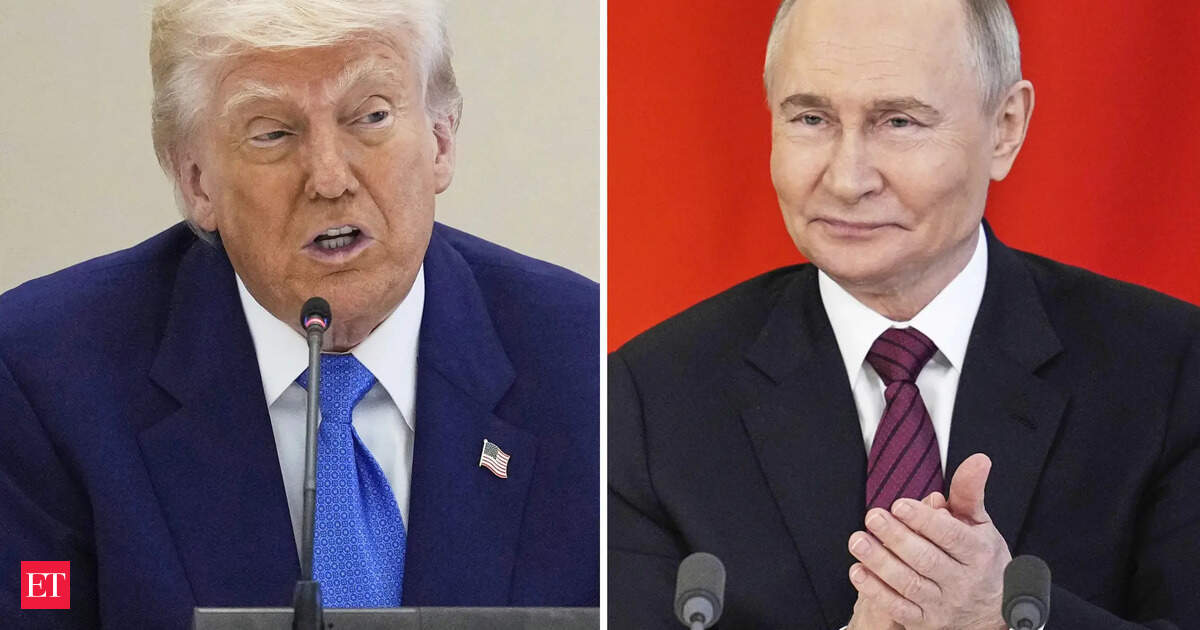Now Reading: Indian Refiners Seek Discounted Russian Oil Amid Upcoming Trump-Putin Talks
-
01
Indian Refiners Seek Discounted Russian Oil Amid Upcoming Trump-Putin Talks
Indian Refiners Seek Discounted Russian Oil Amid Upcoming Trump-Putin Talks

Rapid Summary
- Indian state refiners, including Indian Oil Corp, Hindustan Petroleum, Bharat Petroleum Corp, and Mangalore Refinery Petrochemicals Ltd (accounting for over 60% of India’s refining capacity), are resuming inquiries into Russia’s Urals crude oil due to widened discounts after a pause in purchases last month.
- Discounts for Russian Urals crude delivered to India have increased to $2.70 per barrel in October from $1-$1.50 per barrel in July.
- Russian oil currently accounts for more than one-third of India’s total imports. Private companies like Reliance Industries and Nayara Energy have term contracts with Russia, unlike state-run refiners who rely on spot purchases.
- State refiners slowed down purchases from Russia earlier due to narrowing discounts and afterward turned to other suppliers such as Brazil,West Africa,and the U.S.
- Bharat Petroleum Corp plans to meet up to 35% of its processing requirements through russian oil if no new sanctions emerge, as stated by its finance head Vetsa Ramakrishna Gupta.
- The renewed interest occurs ahead of a pivotal meeting between U.S. President donald Trump and Russian President Vladimir Putin regarding Ukraine peace negotiations on Friday in Alaska.
Indian Opinion Analysis
India’s careful strategy towards crude oil imports reflects pragmatic decision-making aimed at balancing cost efficiencies with geopolitical realities. resuming inquiries into discounted Russian Urals crude demonstrates the economic appeal amid volatile global energy markets but highlights India’s dependence on diversified suppliers when discount margins tighten.
India’s reliance on heavily sanctioned nations like Russia underscores its need for affordable energy sources while navigating international pressures from Western countries threatening sanctions against buyers of Russian exports. The upcoming Trump-Putin talks could considerably affect the dynamics surrounding crude availability and pricing; thus India’s decision appears flexible pending outcomes from this dialog.
Given that state-run refiners constitute over 60% of total refining capacity but lack term contracts like private players do with Russia-this strategic mix ensures supply resilience while maintaining adaptability amid fluctuating geopolitical risks.

























